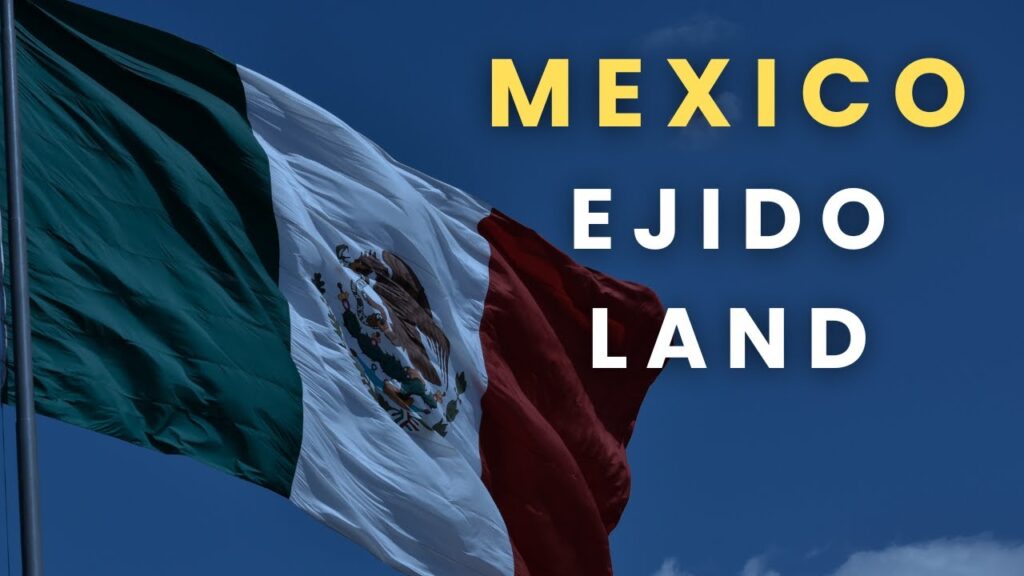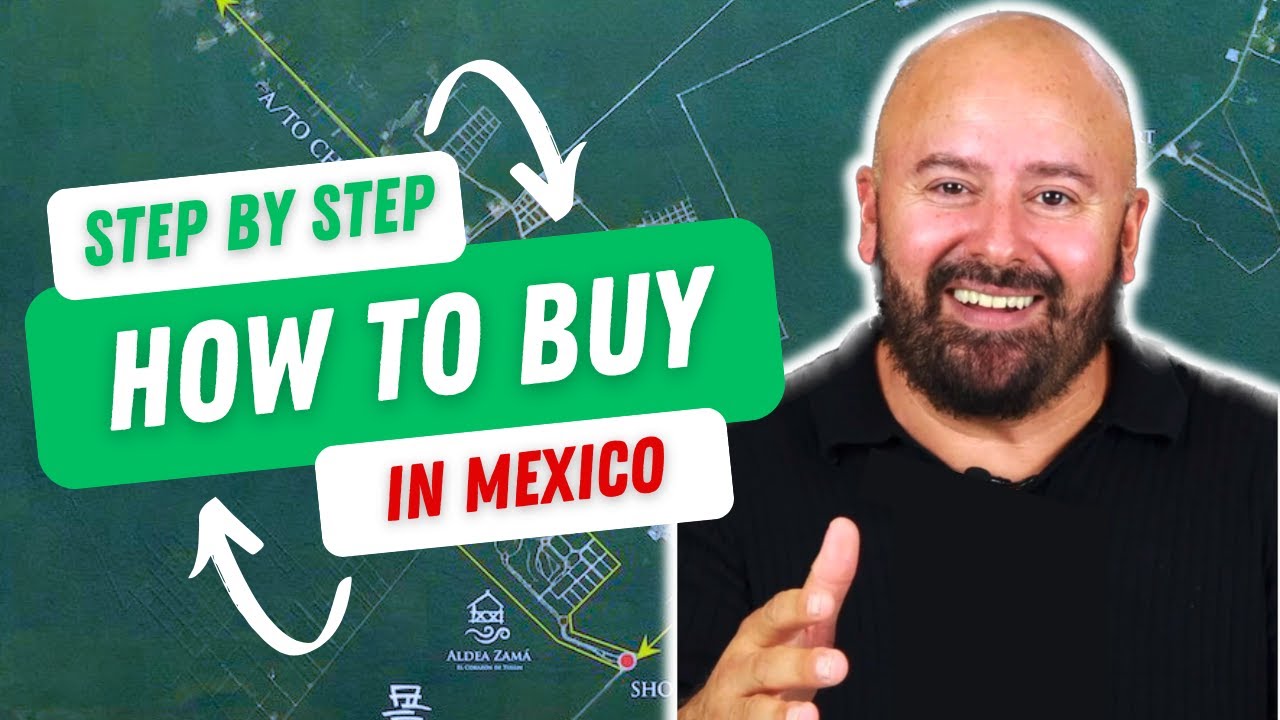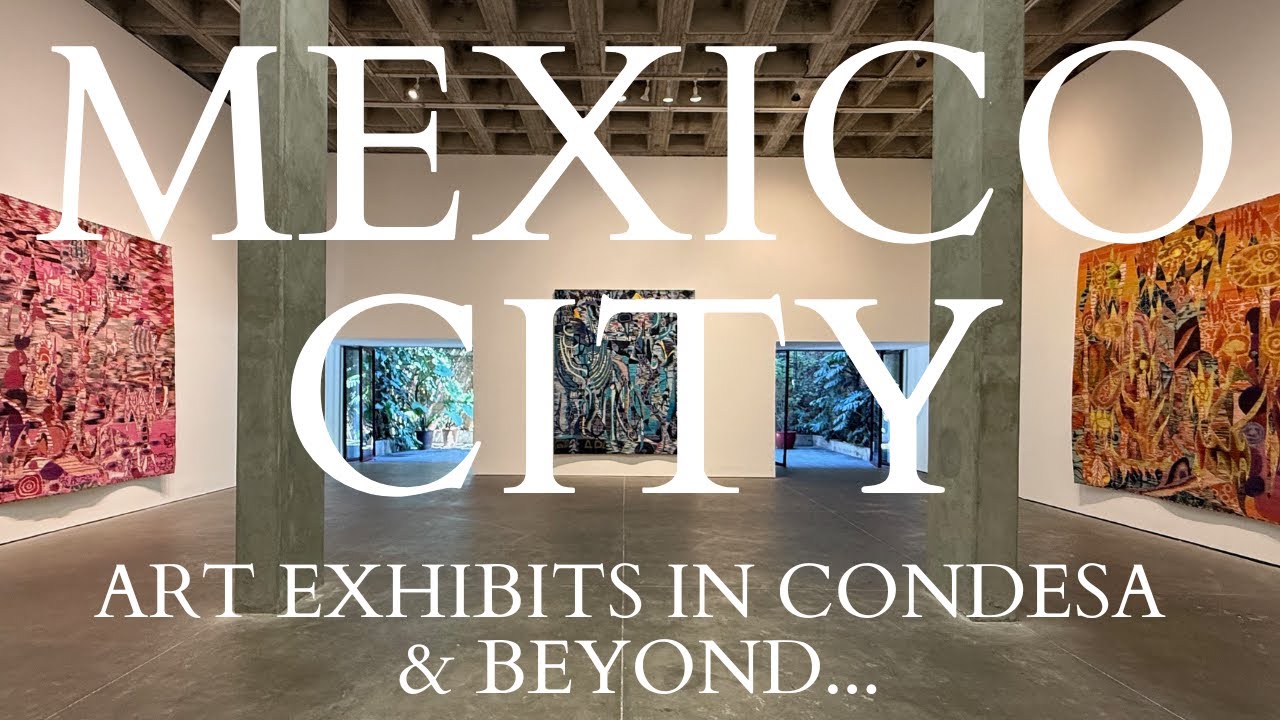Introduction to Land Ownership in Mexico: Ejido vs. Private Land
When considering buying or investing in real estate in Mexico, particularly in Mexico City and its surrounding areas, it is crucial to understand the key differences between ejido and private land. These differences significantly influence property rights, ownership structures, investment potential, and legal considerations. While both forms of land tenure exist throughout Mexico, their distinct characteristics and limitations can greatly impact prospective buyers, developers, and investors.
In this comprehensive guide, we will explore thoroughly the primary distinctions between ejido and private land, delve into their historical contexts, ownership rights, legal frameworks, investment opportunities, and potential challenges. By clearly understanding these variations, individuals and companies can make informed decisions when navigating Mexico’s real estate market.
Historical Context of Ejido and Private Land in Mexico
Origins of Ejido Land
The concept of ejido land originated in the Mexican Revolution of the early 20th century, particularly with the agrarian reform policies implemented under President Lázaro Cárdenas in the 1930s. The ejido system aimed to redistribute land to rural communities and peasants, offering collective land rights rather than individual ownership. Ejidos were designed to improve social equity, agricultural productivity, and rural livelihoods.
Ejido land is communal in nature, where community members (ejidatarios) possess rights to use and work the land, but do not individually own it outright. These lands cannot be freely sold or transferred without a complex legal procedure involving approval from the entire ejido community and compliance with governmental regulations.
Development of Private Land Ownership
In contrast, private land refers to individually owned properties that fall under traditional property rights. Private land in Mexico is legally recognized, allowing owners to buy, sell, lease, inherit, or mortgage their properties freely, subject only to standard real estate regulations and zoning laws.
Historically, private land ownership existed long before the Mexican Revolution, inherited from colonial-era landholding patterns. Private ownership was preserved throughout Mexico’s history and expanded significantly after the reforms introduced in the early 1990s by President Carlos Salinas de Gortari. These reforms amended Article 27 of the Mexican Constitution, enabling ejido land to be privatized under certain circumstances, significantly reshaping the landscape of land ownership in Mexico.
Main Differences Between Ejido and Private Land: Ownership and Rights
Collective vs. Individual Ownership
One of the most fundamental differences between ejido and private land is the type of ownership. Ejido land is collectively owned by the community, with individual ejidatarios holding usage rights but not full ownership. These rights include cultivating crops, grazing livestock, or building homes for personal use. However, the land itself remains communal, and decisions about its use or transfer must be approved by the community assembly.
In contrast, private land ownership confers individual property rights upon the owner, including the freedom to sell, lease, mortgage, or inherit the land without community approval. Private land ownership is recorded in the Public Registry of Property (Registro Público de la Propiedad), providing legal certainty and clarity of ownership.
Transfer and Sale Restrictions
Another significant distinction between ejido and private property lies in the transferability of ownership rights. Ejido land cannot be freely transferred, sold, or leased without explicit approval from the ejido assembly and compliance with strict government regulations. This process is lengthy, complicated, and uncertain, often requiring legal advice and negotiations within the community.
Conversely, private land can be freely bought, sold, leased, or mortgaged without communal approval. Transactions involving private land are straightforward and regulated by standard real estate laws and market practices, making private properties far more attractive for investment purposes.
Inheritance and Succession Differences
Inheritance is another crucial distinction between ejido and private land. Ejido rights are typically passed down through familial succession, but inheritance is subject to ejido community rules and regulations. If an ejidatario dies without clear succession instructions or heirs, the community may redistribute the usage rights among existing members.
Private land, on the other hand, allows owners to freely designate heirs or beneficiaries through a will or testament. Succession of private property follows standard inheritance laws, providing legal clarity and security for property owners and their families.
Legal Frameworks and Regulations Governing Ejido and Private Land
Regulatory Oversight of Ejido Land
The legal framework for ejido land is primarily governed by the Mexican Constitution, Agrarian Law (Ley Agraria), and overseen by the National Agrarian Registry (Registro Agrario Nacional – RAN). These regulations strictly control ejido land use, transfer procedures, and community decision-making processes.
Any transaction involving ejido land must adhere strictly to the Agrarian Law, requiring approval from the ejido assembly and registration with the RAN. Failure to comply with these regulations can result in significant legal issues, disputes, or invalidation of transactions.
Legal Clarity and Simplicity of Private Land
Private land, in contrast, falls under the Civil Code and is recorded in the Public Registry of Property. The legal framework for private land ownership is well-established, transparent, and straightforward. Transactions involving private land typically involve standard legal procedures, including notarized deeds, registration, and compliance with local zoning regulations.
Investment Opportunities: Ejido Land vs. Private Land
Challenges of Investing in Ejido Land
Investing in ejido land presents significant challenges due to restrictions on sale, lease, and transfer. The complex process of converting ejido land into private property (known as “dominio pleno”) can be costly, lengthy, and uncertain. Investors face risks such as community opposition, unclear land titles, and potential disputes. Additionally, financing options for ejido land are limited, as most banks and financial institutions prefer to lend against private property with clear ownership titles.
Advantages of Investing in Private Land
Private land offers greater investment security, legal clarity, and flexibility. Investors can freely buy, sell, lease, or mortgage private properties, facilitating easy transactions and financing. The clear property titles associated with private land provide confidence to banks and lending institutions, enabling property owners to access financing options and mortgages more easily. Additionally, private land typically appreciates more predictably, making it a safer and more attractive investment.
Summary of Key Differences Between Ejido and Private Land
- Ownership Structure: Ejido land is communal, while private land is individually owned.
- Transferability: Ejido land transfers require community approval and complex legal processes; private land transfers are straightforward and unrestricted.
- Inheritance: Ejido land inheritance is subject to community rules; private land inheritance follows standard legal processes.
- Legal Framework: Ejido land is regulated by Agrarian Law and RAN; private land is governed by the Civil Code and Public Registry.
- Investment Potential: Ejido land investments are riskier due to unclear titles and restrictive regulations; private land investments are safer, clearer, and easier to finance.
Conclusion: Making Informed Decisions About Ejido and Private Land
Understanding the key differences between ejido and private land in Mexico is essential for anyone involved in the real estate market, whether as a buyer, seller, investor, or developer. While ejido land offers unique opportunities, particularly for agricultural or rural community projects, it also comes with significant challenges and restrictions.
Private land ownership provides greater legal certainty, flexibility, and investment security. Investors seeking straightforward, low-risk opportunities typically prefer private land due to its clear legal status and ease of transaction.
Ultimately, by fully comprehending the fundamental distinctions between ejido and private land, you can make well-informed real estate decisions tailored to your goals, risk tolerance, and investment strategy.



